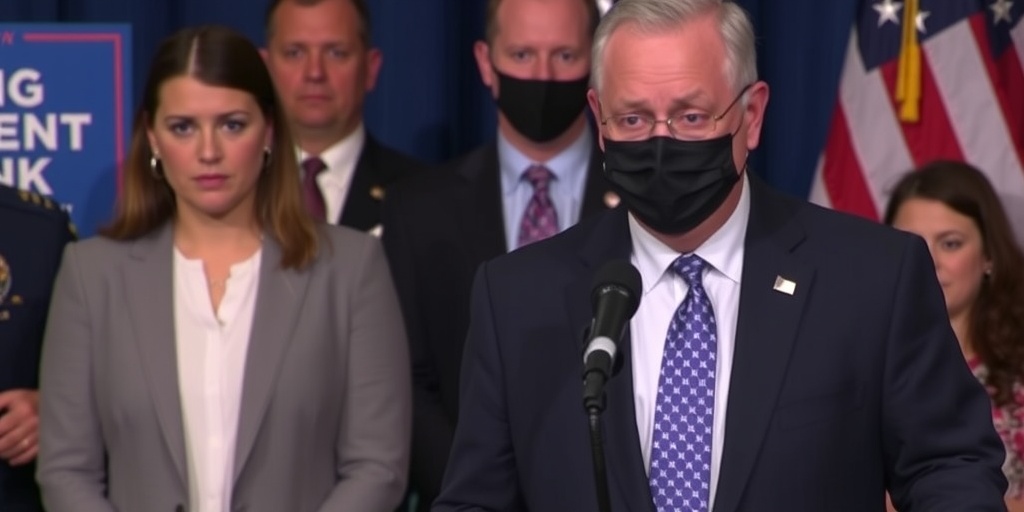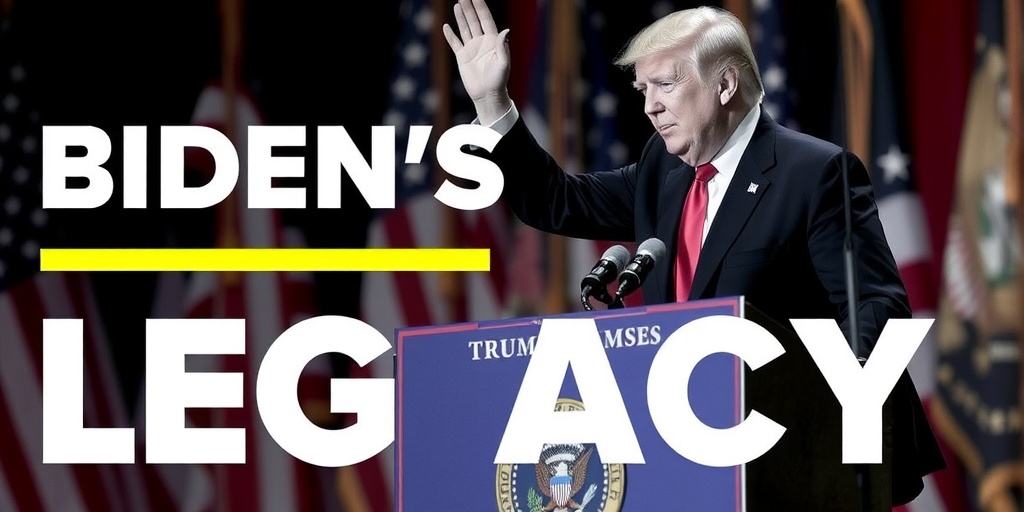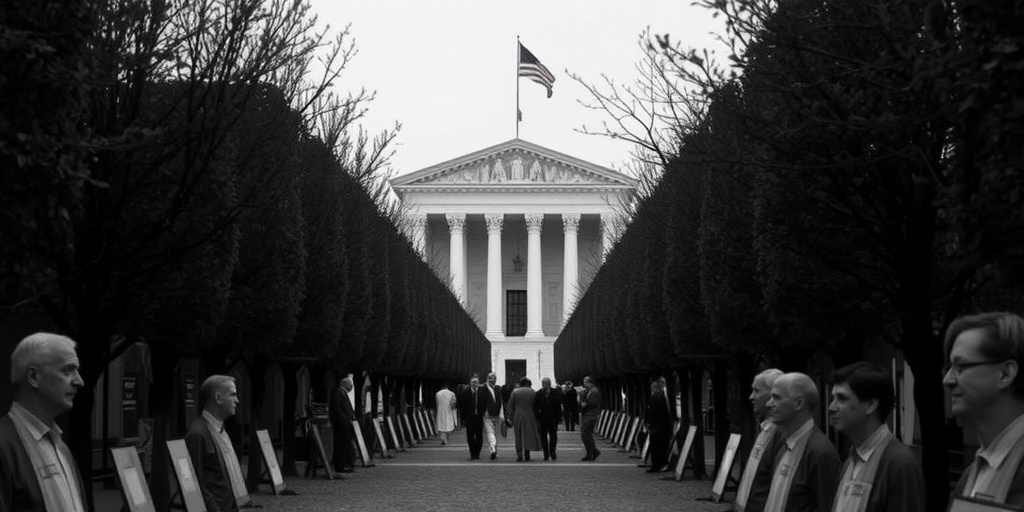Now Reading: EPA Resumes Some Climate Funding
-
01
EPA Resumes Some Climate Funding
EPA Resumes Some Climate Funding

Federal Funding for Electric School Buses Resumes Amid Legal Pressure
The Trump administration has taken steps to unfreeze funding for federal programs targeted at combatting climate change, particularly focusing on initiatives to reduce pollution. Recently, several school districts announced they have gained access to millions of dollars in federal grants designated for purchasing electric school buses. This funding, which had been put on hold since January, is now being released, offering a much-needed financial boost to many districts.
The electric school bus initiative, overseen by the Environmental Protection Agency (EPA), was initially supported by Congress with an allocation of $5 billion aimed at replacing aging diesel buses with cleaner electric ones. Diesel-powered buses are prevalent across the United States, and their emissions are linked to numerous health issues, particularly among children, including respiratory problems such as asthma. Furthermore, diesel buses contribute significantly to greenhouse gas emissions, which exacerbate climate change. Under the Biden administration, the EPA had already distributed $2.8 billion in grants to 1,344 school districts through three rounds of funding, enabling many to transition to electric buses.
Despite this progress, only a fraction of the funds earmarked for the school bus program has been released since the current legal and administrative challenges began. While the second round of grants has been unfrozen and made accessible to recipients, the third round, which accounts for approximately $2.2 billion, remains pending. Clarity on the EPA’s intentions to award these remaining funds is still lacking, leaving many interested parties in uncertainty.
The agency’s recent actions follow mounting legal pressure. Two federal judges have intervened, demanding the Trump administration lift its freeze on authorized federal grants. On February 10, Judge John J. McConnell Jr. of the Rhode Island federal court explicitly stated that the White House was defying his orders by withholding funds intended for various programs. This judicial oversight has prompted other federal agencies to begin releasing delayed funding as well.
For example, on the same day that school districts began accessing their grant funds, the Department of Agriculture announced the release of a "first tranche" of $20 million in agricultural conservation spending. This funding is part of a larger initiative authorized by the 2022 Inflation Reduction Act, which includes significant climate-related grants. The Department of Agriculture stated it is actively reviewing the funding allocated by the Inflation Reduction Act to ensure that taxpayer money supports farmers’ interests rather than potentially controversial climate programs.
In Arkansas, the Little Rock School District found itself in a particularly challenging situation due to the funding freeze. The district was counting on a $9.8 million award from the second round of grants to purchase 25 electric buses. To qualify for this grant, the district had to disable several of its aging diesel buses, so the halt in funding left the district short of operational buses, forcing a pause in its plans for a charging depot. Linda Young, the director of grants at the Little Rock School District, expressed the district’s frustration regarding the funding delays, noting their relief upon finally accessing the promised funds last Thursday. However, the district is still waiting on another $11.25 million federal grant intended to upgrade heating and cooling systems in 17 schools, which remains on hold, adding to their anxiety.
Support for the electric school bus initiative extends beyond school districts; it has garnered backing from various political figures as well, including some Republicans. Senator Shelley Moore Capito of West Virginia, who previously toured an electric bus manufacturing facility in her state, has advocated for the EPA to expedite the release of funds while emphasizing the importance of these initiatives for both environmental welfare and public health.
As schools begin to resume access to their previously frozen federal grant funding, the situation highlights the complex interplay between federal policy, legal rulings, and the urgent need for sustainable solutions to combat climate change. The outcome of the ongoing reviews and releases of funding will play a vital role in determining how quickly schools can enhance their transportation systems and reduce their carbon footprints. The story of these school districts serves as a microcosm of the broader struggles facing federal climate initiatives and underscores the need for steadfast action against climate change for the sake of future generations.
Stay Informed With the Latest & Most Important News
Previous Post
Next Post
-
 01New technology breakthrough has everyone talking right now
01New technology breakthrough has everyone talking right now -
 02Unbelievable life hack everyone needs to try today
02Unbelievable life hack everyone needs to try today -
 03Fascinating discovery found buried deep beneath the ocean
03Fascinating discovery found buried deep beneath the ocean -
 04Man invents genius device that solves everyday problems
04Man invents genius device that solves everyday problems -
 05Shocking discovery that changes what we know forever
05Shocking discovery that changes what we know forever -
 06Internet goes wild over celebrity’s unexpected fashion choice
06Internet goes wild over celebrity’s unexpected fashion choice -
 07Rare animal sighting stuns scientists and wildlife lovers
07Rare animal sighting stuns scientists and wildlife lovers





















